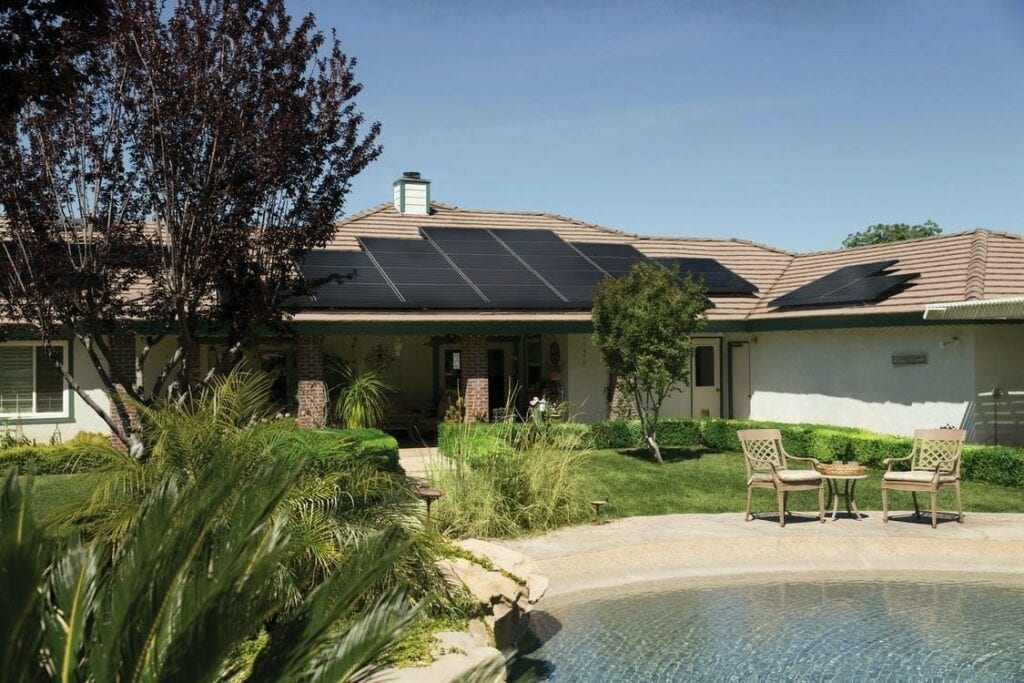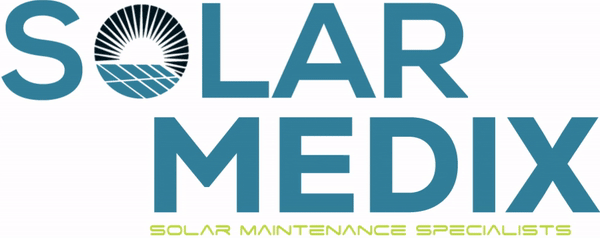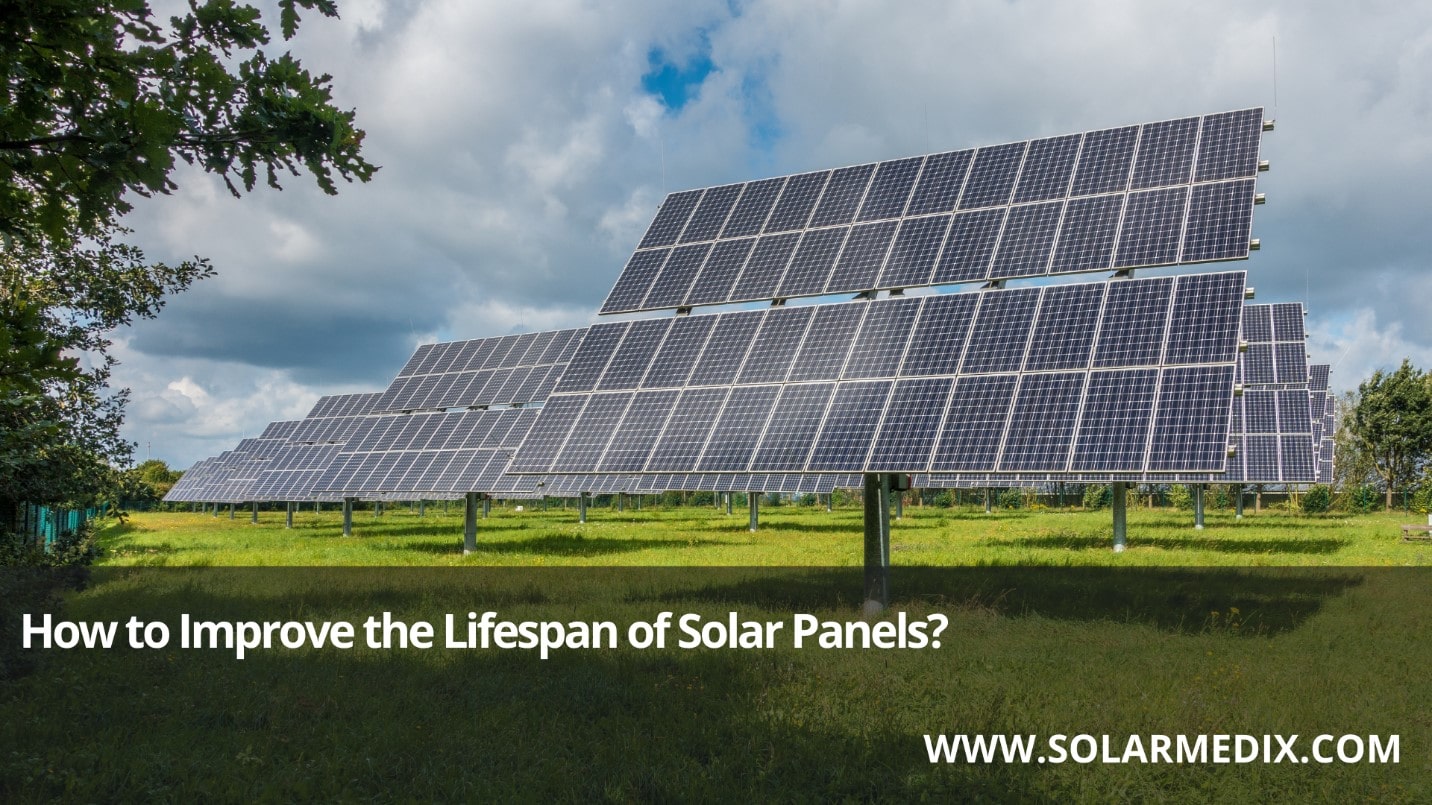There are many factors that affect solar panel lifespan. Understanding the ins and outs of solar panel longevity is important if you care about the environment and your money.
Whether you have recently purchased a home with solar panels in New Jersey and are concerned about the maintenance of solar panels; have been thinking about switching to solar; or are passionate about saving the planet, it will pay to get familiar with the details. The information below can help you learn about the various aspects of how long solar panels last and how to ensure they stay at peak performance for as long as possible.
Maintenance of Solar Panels for Long Solar Panel Lifespan
As a homeowner or business owner, you can take steps to improve the lifespan of your solar panels in New Jersey by following these tips:
Minimize Exposure to Bird Droppings
Bird droppings are one of the biggest contributors to damage to solar panels. They contain acid that can eat away at the coating on the panel’s surface, which reduces its efficiency. Bird droppings also attract other animals like ants and bees, which will cause further damage if left unchecked. If you live in an area where birds are common or have had a problem with birds in the past, it is important to take measures to prevent them from damaging your solar panels.
Here are some tips for minimizing bird droppings on solar panels in New Jersey:
- Install protective covers over your solar panels as a measure of solar maintenance when they are not used. Covers keep birds from landing on your panels and spreading their droppings around them. They also protect against weather damage and dust accumulation, reducing performance over time.
- Keep any food sources away from your solar panels at all times — this includes pet food bowls, bird feeders, and human food sources such as fruit trees or gardens close by.
Use a High-Quality Mounting System
Installing solar panels yourself can save you thousands of dollars, but getting the appropriate mounting system for your panels is important, as a poor mounting system can cause all sorts of problems. If your mounting system is not properly aligned with the sun, you will end up with poorly angled panels, which means less energy will be generated than if the panels were aligned properly.
Adjustable racks are a popular choice because they allow you to move each panel throughout the day so that they are always receiving optimal sunlight. This keeps your energy generation high even when the sun is not directly in front of your panels.
Another benefit is that adjustable racks allow you to angle the panels towards each other so that there is no space between them and that they are not taking up too much room on your roof or walls. You can also position them closer to one another if you prefer a concentrated array of energy while still maximizing your production since they can be moved closer together than fixed panels.
Clean Debris from Your Roof

If you have a yard full of leaves, it is best to clean up your roof first before installing your solar panels. A good way to do this is by sweeping off your roof with a broom. This will help remove any dirt or debris that could potentially scratch or damage your solar panels. You should also ensure that no branches or leaves are hanging over your roof so that they do not fall and damage your panels during installation.
You may want to consider hiring a professional landscaper who knows solar maintenance if you do not want to do the work yourself and save money. A landscaper can also help you determine whether or not installing solar panels on your home is even worth it.
Use a Microinverter or Power Optimizer
When installing solar panels, it is important to know a little about the different types of inverters available and which one is right for you.
A microinverter converts the direct current produced by a solar panel into alternating current and sends it back into the grid. This means that your home will have fewer voltage drops than if you were to use a central inverter, which converts DC power into AC power before sending it into your home.
A power optimizer works much the same way as a microinverter but with greater efficiency. It also allows for more flexibility when installing your panels because you can connect them directly to an existing battery bank instead of needing a separate inverter. Power optimizers also allow you to bypass the main circuit breaker in your home’s electrical system and directly connect each panel to its breaker instead.
The bottom line is that using either device will help you get more out of each panel installed on your home or business property and will ensure an improved solar panel lifespan.
Avoid Cleaning With a Power Washer or Abrasive Chemicals
When cleaning your solar panels, avoid using power washers and abrasive chemicals. These can damage the glass, cause your panels to lose efficiency, and produce less electricity over time.
Instead, choose a gentle cleaning solution that will not damage your solar panels. For example, warm water with small dish soap can be used for general cleaning or a diluted vinegar solution for more serious cleanings. You should also use soft cloths and brushes when cleaning your panels so that you do not scratch them. After you have cleaned your solar panels, rinse them off well with clean water so no residue is left behind.
Keep a Close Eye on the Frame
The frame is the skeleton of your solar panels, so you must keep this in good condition. If there are any cracks or dents in the frame, water can seep inside and cause corrosion. Corrosion can result in electrical shorts and other problems that can lead to a complete failure of your solar panel system.
You should also keep an eye on the bolts that hold the frame together. Bolts can easily become loose over time if they are not tightened properly from the beginning. This can cause all sorts of problems for your solar panels because loose bolts can lead to poor connections between components and result in poor energy generation levels.
When installing your solar panels, ensure all bolts are tight and check them regularly after completing the installation. If one or more bolts become loose over time, tighten them immediately so that they will not cause any damage to other components in your system.
Ensure That the Angle of Your Solar Panels Is Correct

The angle at which you mount your solar panels is very important. If you mount them incorrectly, you will not be able to capture enough sunlight, and the panels’ lifespan will be reduced.
To ensure that you are getting optimal performance from your solar panels, make sure that you have them installed at an angle of around 30 degrees from the horizontal. This means that in most cases, the tops of your panels should face north or south, depending on where you live, and be at least 15 degrees off the ground, so they are exposed to direct sunlight for as long as possible each day.
Brush Off Heavily Accumulated Snow
If there is snow on your panels, it can cause a significant decrease in energy generation. Snow reflects sunlight, which means it will reflect light into the atmosphere instead of absorbing it and converting it into electricity. While solar panels are designed to withstand small amounts of snow falling on them during winter months, large amounts of snowfall can weigh down the panels and cause them to break or crack if there is too much weight.
It is important to brush off any heavy snow accumulation as soon as possible to reduce the risk of damage. You may want to consider adding a roof rake to quickly brush off any excess snow before it accumulates too much weight on your roof.
Keep an Eye on Your Batteries
The battery is one of the most important parts of any solar system because it stores all of the energy generated during the day so that it can be used at night when no sunlight is available. If your battery gets too hot or is overcharged, it could die prematurely and need replacing even before the rest of your system has reached its end-of-life stage.
You should monitor how much power each battery is storing by checking its voltage level every few days during summer months when there is plenty of sunlight and several times per week in winter when there is less sun available for generating electricity with your solar panels.
Avoid Direct Pressure or Heavy Load on Solar Panels
Because solar panels are made out of glass or polysilicon, they can break or shatter if they are not handled correctly. For example, if you were to apply pressure directly onto the surface of a photovoltaic panel with your foot, it could easily cause the glass to crack.
In general, you should avoid exerting direct pressure on your solar panels. This is because solar panels are flexible and can easily bend out of shape. If you bend them too far, you can cause damage that will make it harder for them to work efficiently in the future.
Another way that people often inadvertently damage their solar panels is by attaching too many things to them. The more attachments you have on your solar panels, the more likely they will break. Therefore, you must avoid attaching too many things to your solar panels, or they will start to sag and become less efficient at generating power. Most importantly, do not put any weight on the panels themselves because this can cause them to bend or flex in ways they were not designed for and could cause cracks or other issues down the road.
Solar Panel Maintenance – How Often Should You Service Your Solar Panels in New Jersey?
Every New Jersey homeowner should have their solar panel maintenance and inspection done yearly or two by a professional. Solar panel manufacturers recommend that homeowners inspect their systems every three years. However, depending on how well your system was installed and maintained during its lifetime, it may need more frequent attention than this.
It is important not to wait until an emergency occurs before installing new parts on your home’s solar panels — that could cause more damage than good!
Final Comments
There are a lot of things you can do to help increase the lifespan of your solar panels. In other words, for those who want to ensure their electricity solution continues working for as long as possible, do your part by taking the proper precautions should go a long way. For everyone else, this article should give you some insight into how solar panels are designed to work and what you can do to keep them in good working condition.
Feel free to reach out to us if you have any questions. Or, if you like, we can give you a no-obligation quote on your project. Our team at SolarMedix.com has served the New York and New Jersey area for over 19 years. We’ve completed nearly 6,000 projects. Put that experience to work for you. You can reach us at 732-785-4814 or book a consultation online. And we’ll get in touch within 24 hours.













